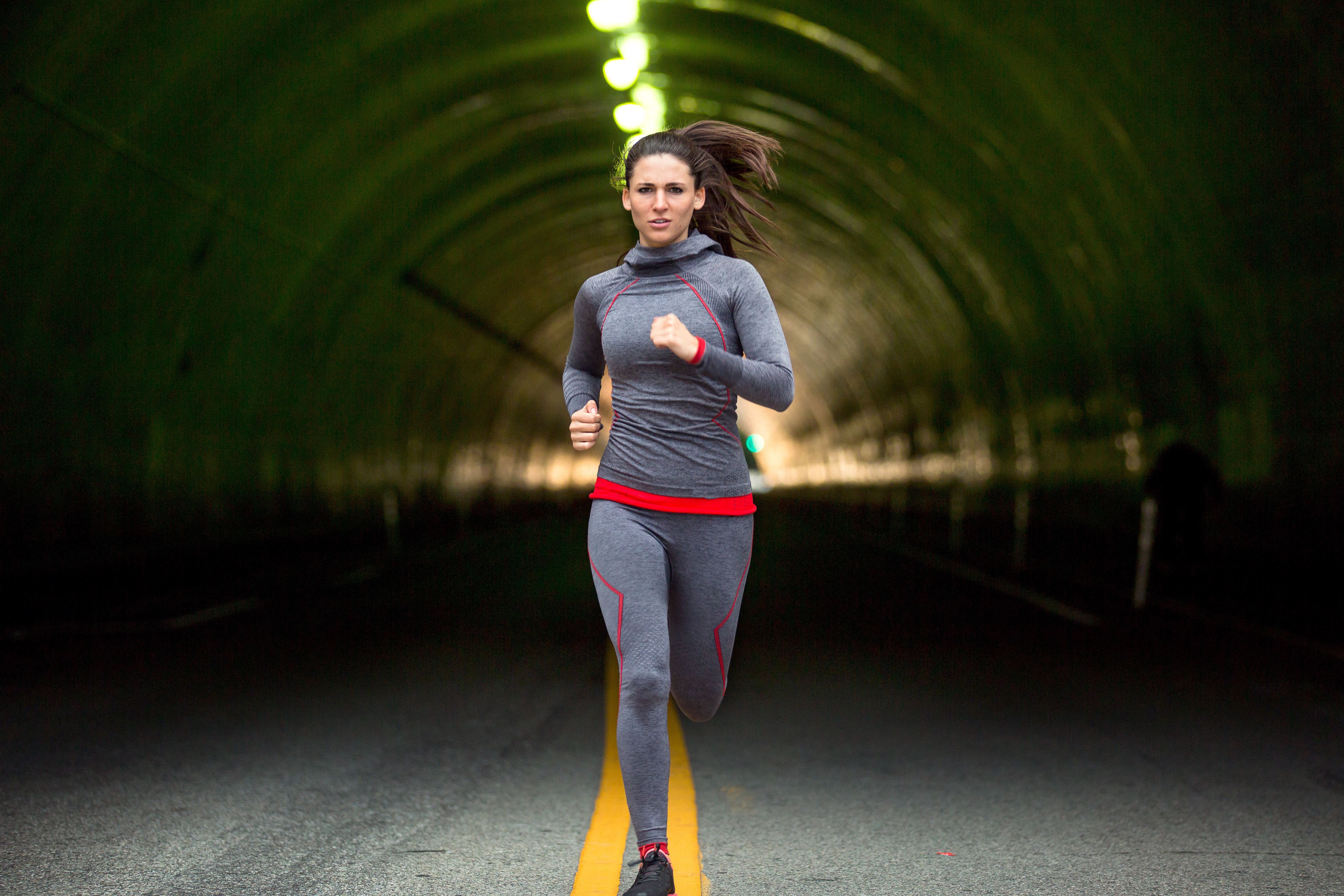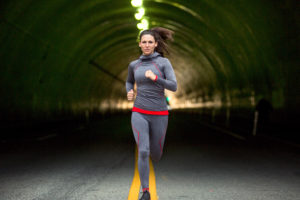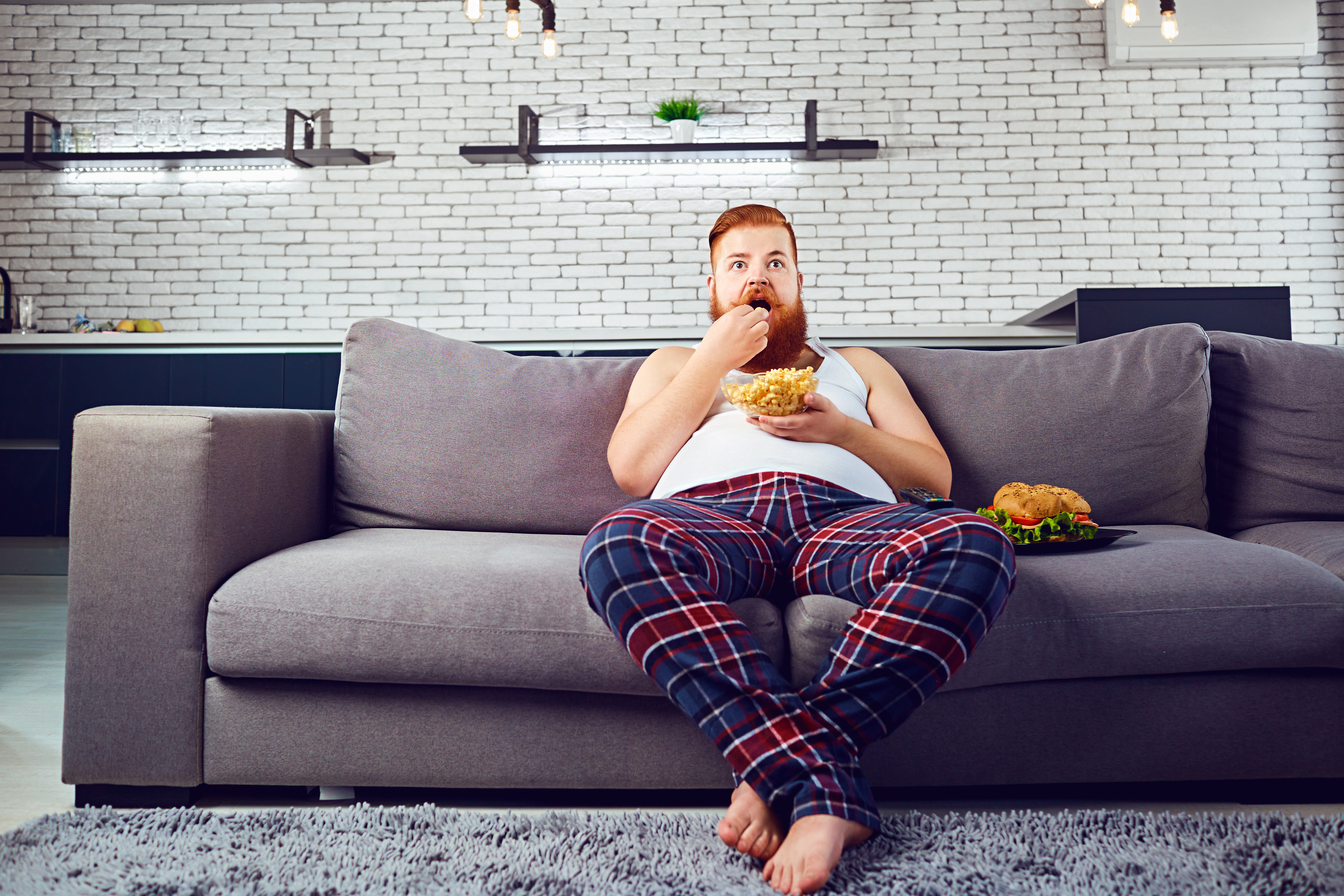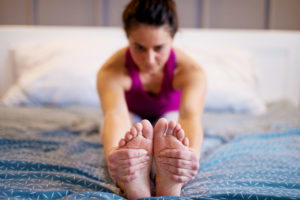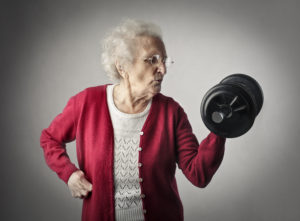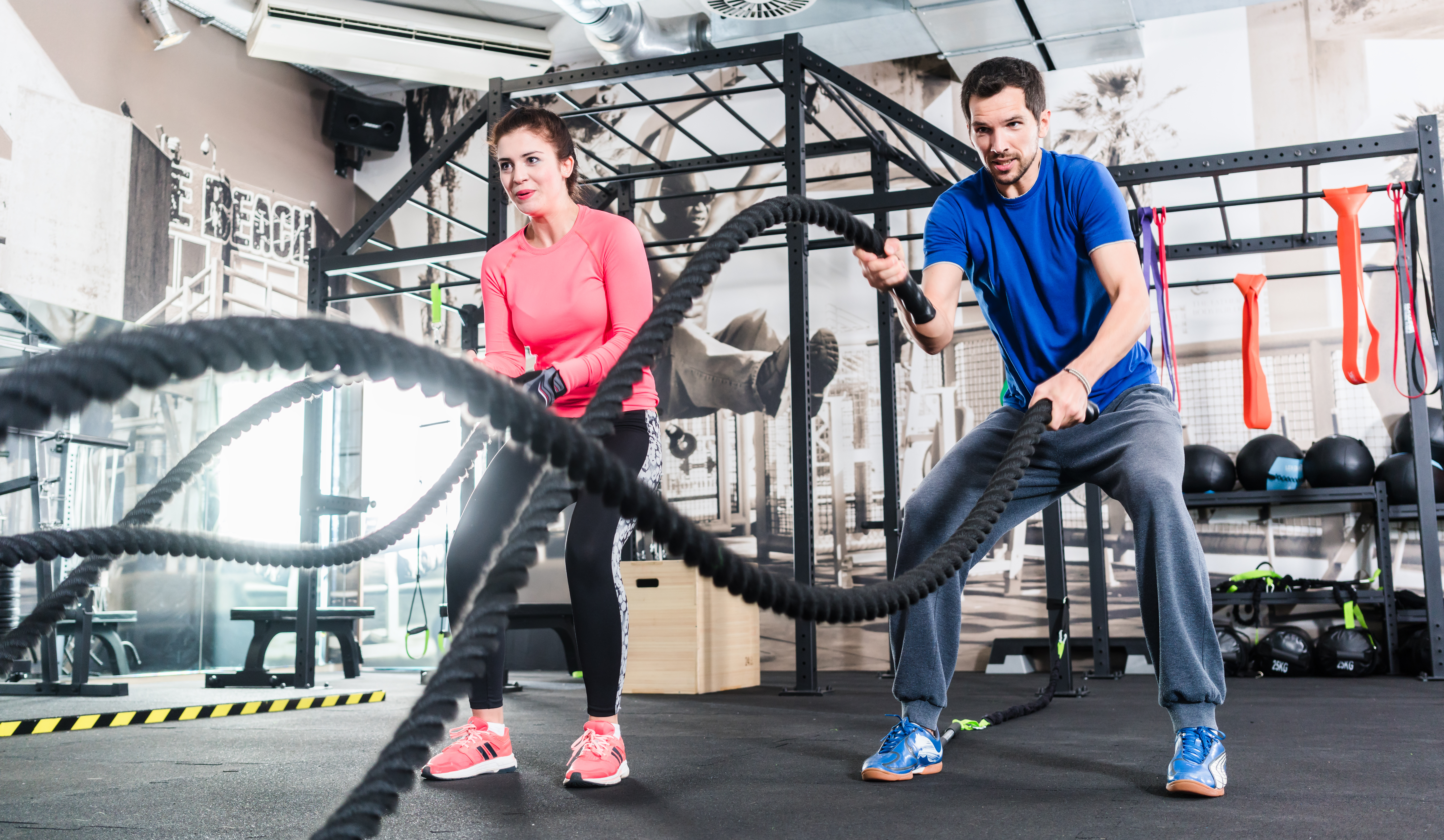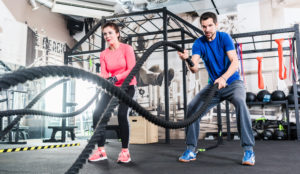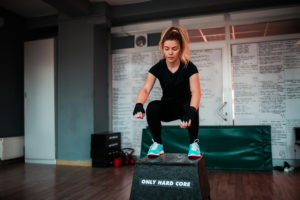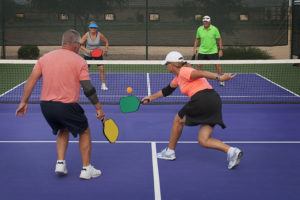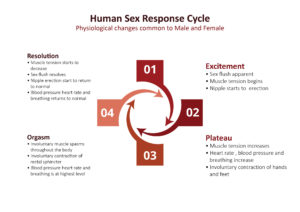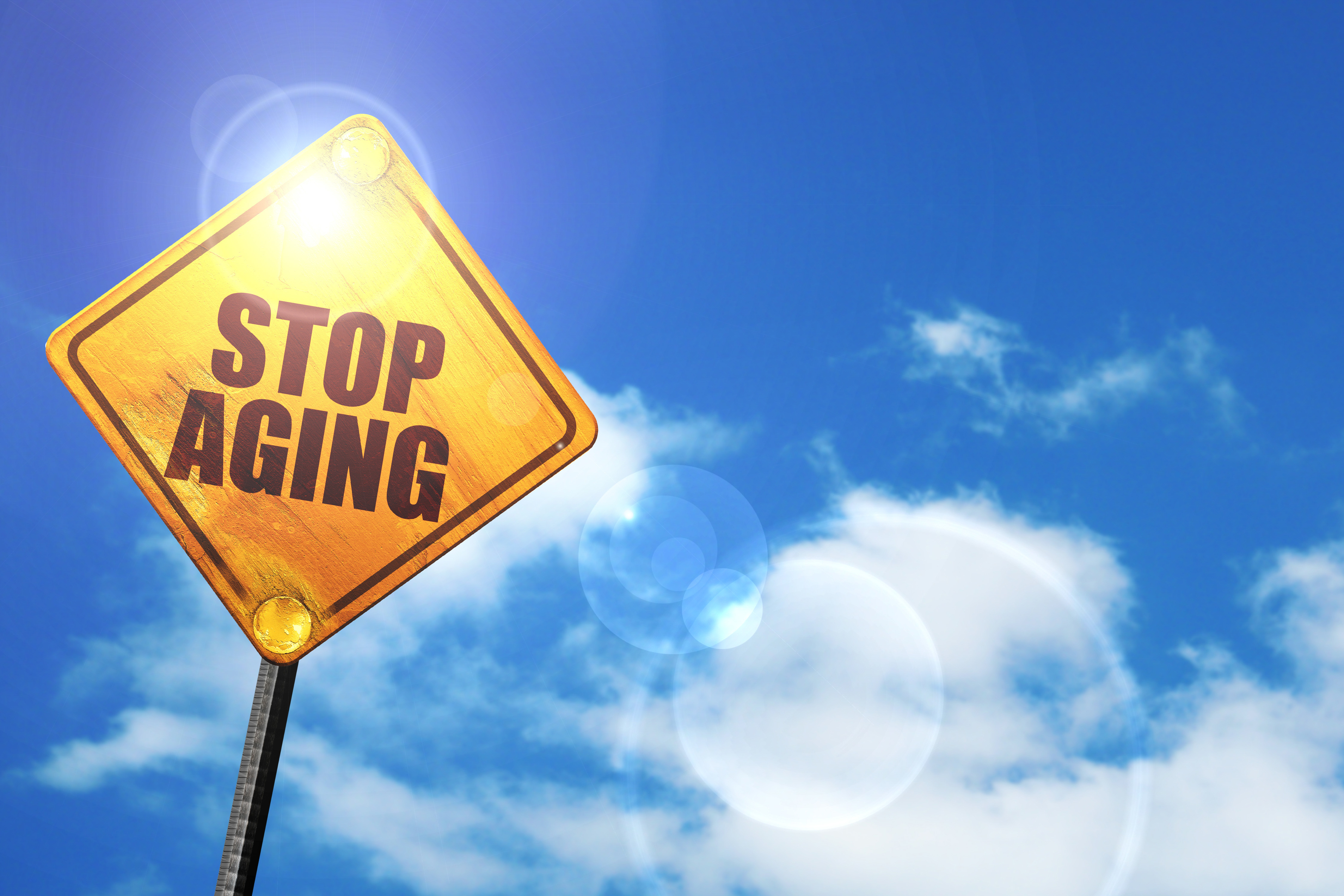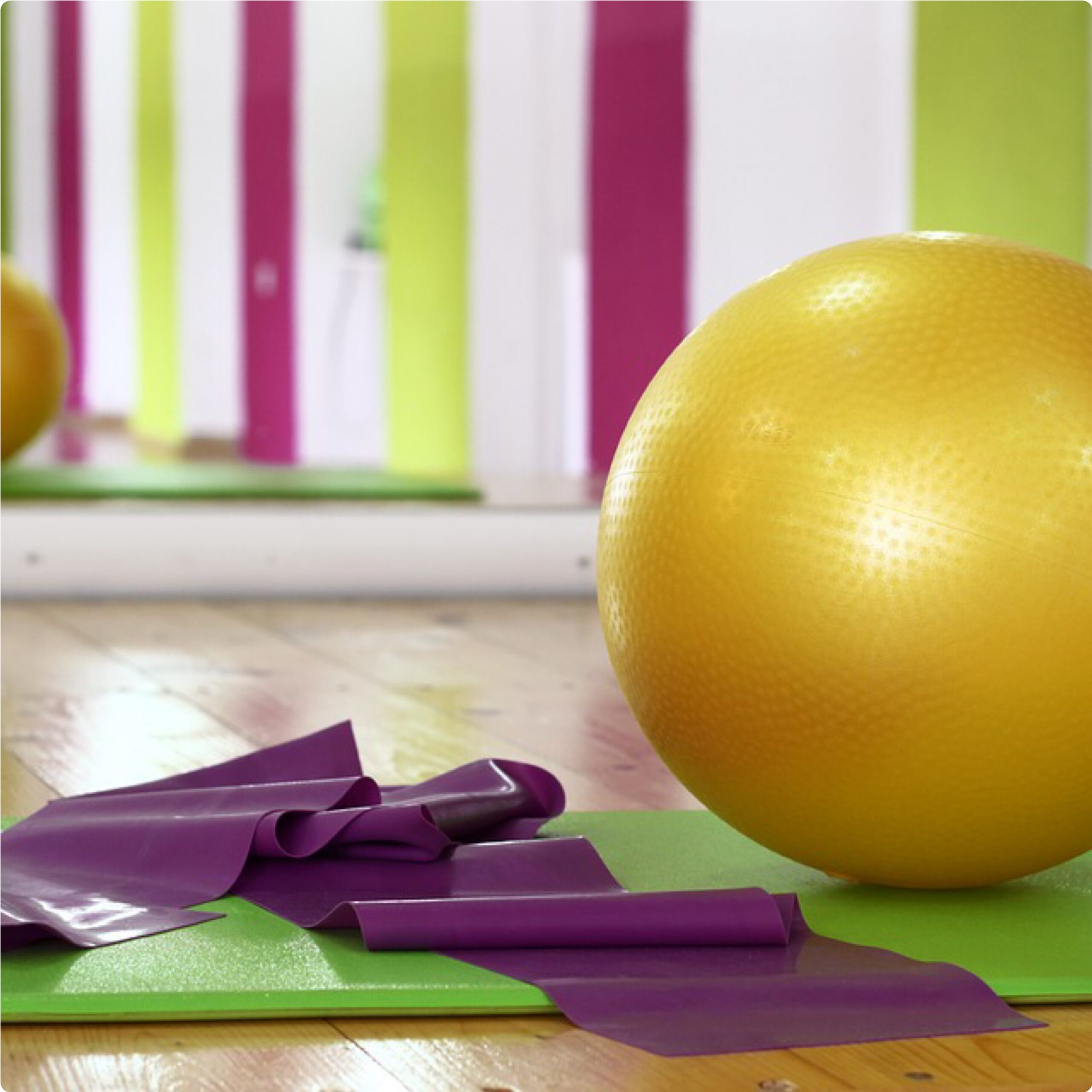Hate Running? Then Ruck On Baby
For many people, running is the worst punishment imaginable. In fact, it’s an activity that coaches like to actually dole out as punishment. However, it’s a popular exercise because of its ability to shred large amounts of calories, burn fat and increase your cardiac and respiratory function. While running is great for making you high, it’s not so great for your knees and joints. Running is a high impact exercise, and can be damaging to your joints over long periods of time. This is particularly true for people who are overweight, as the added stress of weightcan do serious damage to your joints. It’s not recommended for people with joint disease.
If you had a recent heart attack, uncontrolled diabetes, uncontrolled high blood pressure, COPD, Heart Failure, aneurysm, irregular heart rate or angina you have a good excuse not to run.
Fortunately there are other options that can offer you the same benefits without the distress.
Interested in a lower impact exercise that can burn a comparable number of calories? Then rucking might be for you. This exercise originally developed from military training routines of slogging a heavy pack for miles can shred fat fast, and all you need is a backpack and some weights.
What do you need for rucking?
Getting started with rucking is easy. In fact, it’s so easy you’ll wonder why you didn’t do it years ago. All you need is a backpack and some weight to add to it. The type of weights people add vary, and it can really just be anything you have lying around. People who ruck a lot for fitness tend to use sandbag weights since they’re softer. However, you can also use hand weights or whatever you have laying around.
If you’ll be rucking with around 20 pounds or so, then any old backpack will probably do, but if you plan to ruck using 40 pounds or above, then you may need to invest in a heavy-duty frame backpack. These are popular with hikers and most outdoor goods stores should have them available.
How To Plan a Rucking Routine
Start with about 20 pounds and go from there
Most people start with around 20 pounds of weight. Find something you can use that weighs this amount and fit it securely into your pack. If you’re using something like hand weights, wrap them up in a towel or a jacket to keep them from digging into your back. Many long-term Rucking enthusiasts will use sandbags for this reason because they’re soft.
Secure your backpack straps properly
When carrying a load it’s important to secure that load properly to your body to avoid strain on your shoulders. Remember how you used to slouch your backpack to look cool in high school? Don’t do that unless you want to hurt yourself. Cinch the straps to a comfortable level so the weight is evenly distributed. Your shoulders shouldn’t hurt, and you should be able to securely fasten the chest strap, which hopefully you have because it helps a lot to keep things situated properly.
Walk
Then just go for a walk. It really is as simple as that. You can take a walk around your block, you can go walk in the park, or you can even walk on the treadmill and watch Netflix in the comfort of your living room if you want. You can start at any pace that is comfortable for you, but it’s best to keep it at 4 MPH or less in order to reduce the risk of injury. You don’t want to be running or jogging with your pack as it adds strain to your knees and joints. 3.5 MPH is a pretty comfortable speed which also allows for good calorie burn.
How many calories can I burn rucking?
There aren’t many calculators out there that are rucking friendly, but to get an estimate of your calorie burn you can use a normal walking calculator. When it asks for your body weight, just add your ruck weight to that number. You’ll find that you should be able to squeeze significantly more calories out of a plain old walking routine this way. A 170-pound person walking 3.5 MPH for 1 hour will burn about 689 calories. If you add a 30-pound ruck into the equation, you’d burn 881 calories for the same amount of time.
Why you need to continue to add weight
People who weigh more burn more calories for the same activities. As you lose weight you’ll need to add more weight to your pack to accomplish the same amount of calorie burn. You could of course also ruck for longer as your endurance increases. Just keep in mind when you’re tracking your calories that if you lose 10 pounds that you will not be burning the same amount that you did when you started and adjust your entries accordingly.
Why rucking is way more fun than running
Rucking allows you to go places and explore, but it also allows you to be more sociable. Trying to talk to somebody while running is impossible, but it’s easy to share a conversation with a friend while you ruck through a beautiful state park.
It can also be convenient, and if you do a lot of work in front of a computer, then you can use your break time to walk around and get some exercise. Backpacks are rather inconspicuous, and nobody is likely to inquire about it. You could even walk all over town while burning extra calories if you wanted to.
Even people who are otherwise not in very good shape or have injuries which keep them from performing vigorous exercise could walk with some weight added. This makes rucking an awesome way to inspire people to be more fit, even if they generally hate exercising.
